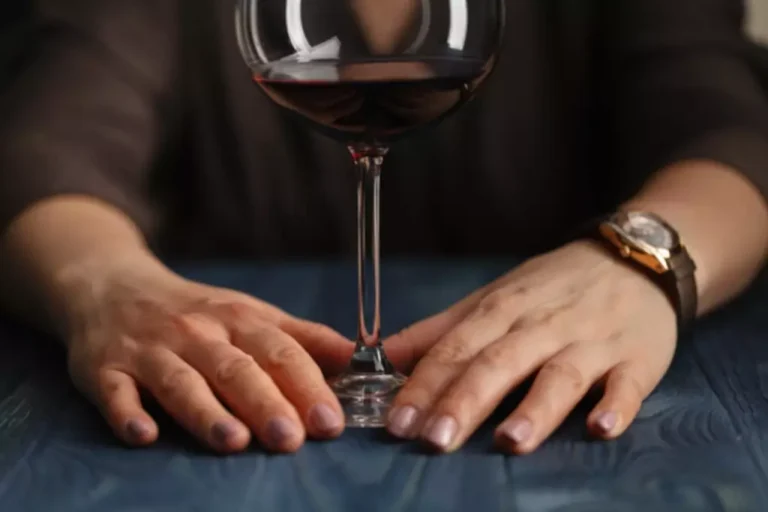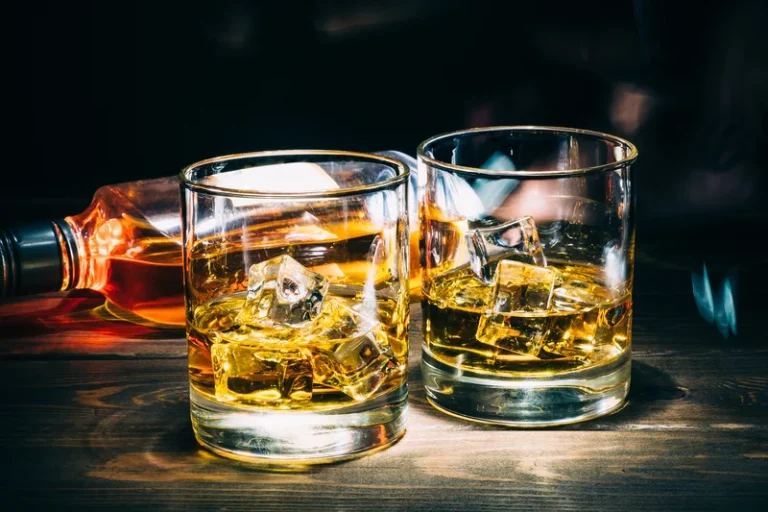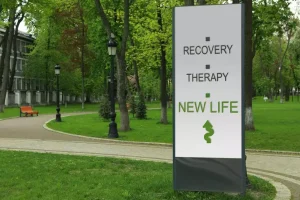Substance Use Disorders Anxiety and Depression Association of America, ADAA
Furthermore, empirical inspection of gender differences in stress-related drinking has shown that women report higher levels of stress and have a stronger link between stress and drinking (Rice and Van Arsdale 2010; Timko et al. 2005). Together, these results suggest that women may be more likely to rely on alcohol to manage anxiety. A panic attack is a sudden episode of intense fear that triggers severe physical reactions when there is no real danger or apparent cause. When panic attacks occur, you might think you’re losing control, having a heart attack or even dying. The Salk Institute for Biological Studies recently discovered a key pathway in mice that could help humans soothe panic disorder symptoms.

How alcohol impacts anxiety
Many mental health professionals treat PTSD and substance abuse together because symptoms of PTSD (intrusive thoughts and sleep disturbance) can cause a substance abuse relapse. Post-traumatic Stress Disorder https://ecosoberhouse.com/ (PTSD)PTSD and substance abuse commonly occur together. People suffering from this disorder often use alcohol or drugs to try to ease their anxiety, but substance abuse can exacerbate PTSD symptoms.
What Causes Alcohol Withdrawal Symptoms?
Payment of benefits are subject to all terms, conditions, limitations, and exclusions of the member’s contract at time of service. Your health insurance company will only pay for services that it determines to be “reasonable and necessary.” The treatment center will make every effort to have all services preauthorized by your health insurance company. If your health insurance company determines that a particular service is not reasonable and necessary, or that a particular service is not covered under your plan, your insurer will deny payment for that service and it will become your responsibility. Yes, alcohol can contribute to mood disorders like depression and bipolar disorder by disrupting neurotransmitter balance and exacerbating symptoms over time.
Anxiety and Alcohol: Does Drinking Worsen Symptoms?

It’s possible to have anxiety after drinking alcohol without having an anxiety disorder. While small amounts of alcohol may activate GABA and cause you to relax, heavier drinking can sap GABA. Alcohol use can cause new onset anxiety and worsen pre-existing anxiety symptoms. Many individuals will use alcohol as an unhealthy coping tool to reduce symptoms of anxiety.
- SSRIs and SNRIs are commonly used to treat depression, but they are also helpful for the symptoms of panic disorder.
- Some people also experience sweating, a rapid heart rate, tremors, and panic attacks.
- For people who use alcohol as an avoidance strategy, however, a relapse can be especially costly.
- As alcohol is a sedative and depressant, it can relieve feelings of fear and anxiety in the moment.
- Yes, alcohol can contribute to mood disorders like depression and bipolar disorder by disrupting neurotransmitter balance and exacerbating symptoms over time.
How does Talkiatry compare to face-to-face treatment?
You can view the transcript for “Panic disorder – panic attacks, causes, symptoms, diagnosis, treatment & pathology” here (opens in new window). Healthcare professionals use special diagnostic assessments to determine if someone has an alcohol use disorder, and they often include asking specific questions about how and when they drink alcoholic beverages. For instance, someone who has tried to stop drinking but couldn’t might have an AUD. If you have panic attack symptoms, seek medical help as soon as possible. But panic attacks are hard to manage on your own, and they may get worse without treatment. It might be challenging at first, especially for those who are used to regular heavy drinking.
Generally, cognitive theories (Clark, 1996) argue that those with panic disorder are prone to interpret ordinary bodily sensations catastrophically, and these fearful interpretations set the stage for panic attacks. The individual interprets these subtle bodily changes catastrophically (“Maybe I’m having a heart attack!”). Such interpretations create fear and anxiety, which trigger additional physical symptoms; subsequently, the person experiences a panic attack. The common-factor model of comorbid anxiety and AUDs presumes that no direct causal relationship exists between the two disorders.
- Young adults and teenagers are especially vulnerable to alcohol abuse due to pressure from friends or peers, experimentation or socializing.
- But if drinking never ends, and the alcohol use becomes chronic, you might begin to see how anxiety and alcohol misuse can feed into each other.
- The onset of symptoms related to social anxiety disorder and agoraphobia can be a trigger for some people to develop unhealthy relationships with alcohol.
- The fact that all these physiological changes can cause symptoms so similar to those of a panic attack can trick your brain into having a real one.
The following sections will review fundamental concepts related to how these disorders co-occur and describe approaches to diagnosing and treating comorbid anxiety and AUDs. A alcohol and panic attacks racing heart is one of the most distressing concerns among people who have panic attacks. A person’s resting heart rate may increase substantially during a wave of anxiety.


This is why some people can wake up feeling embarrassed about things they said or did. This can definitely cause anxiety and worsen any existing phobias or overthinking tendencies you may already have. Chemical dependency specialist Joseph Janesz, PhD, LICDC, says there are various ways that anxiety and alcohol are linked, so it’s important to understand how alcohol affects not only your body, but also your mind.
- When you add alcohol dependence into the equation, you dramatically increase that risk.
- Exposure to feared stimuli is a powerful and active treatment ingredient that is recommended across the spectrum of anxiety disorders.
- Other activities that are integral to participation in AA, such as sharing one’s story (i.e., public speaking), obtaining a sponsor, and becoming a sponsor (i.e., initiating social contact) also can be impaired among socially anxious alcoholics.
- You consent to receive SMS notifications and promotions from Addictionresource.
- A 2018 narrative review suggests that 21.9% to 24.1% of people with an anxiety disorder or mood disorder use alcohol or drugs to relieve their symptoms.

No Comments